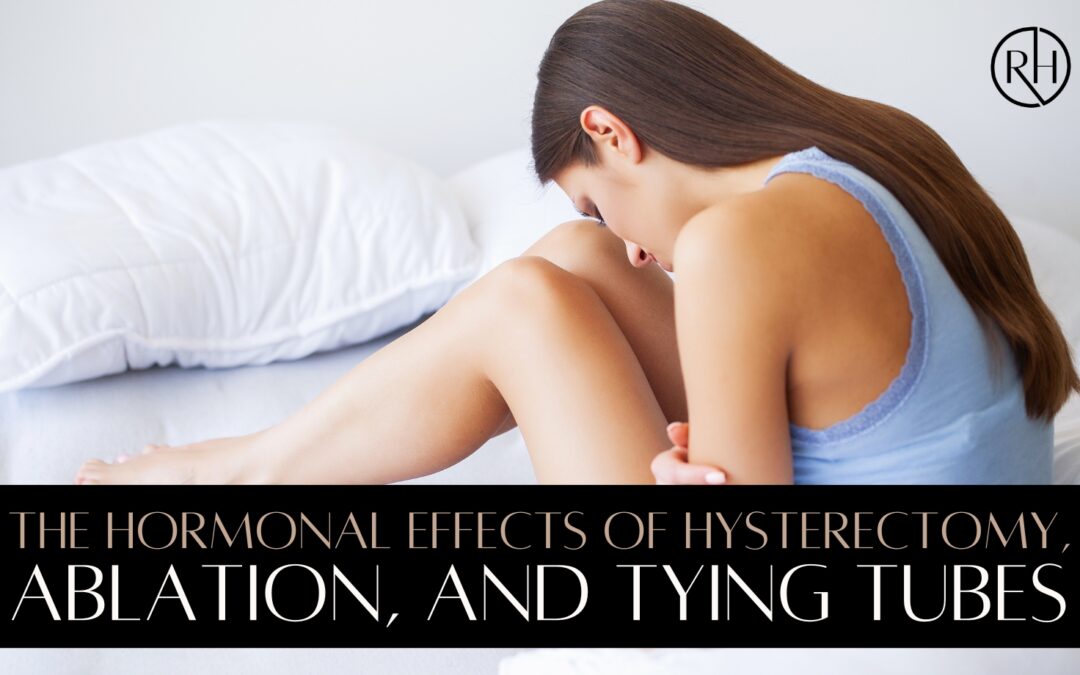A hysterectomy is a surgical procedure that removes a woman’s uterus. This procedure is often recommended for women with conditions such as uterine fibroids, endometriosis, or cancer of the uterus. While a hysterectomy can provide relief caused by these conditions, it can also impact a woman’s hormonal balance.
The uterus is an essential part of the female reproductive system. Except during pregnancy, the uterus does not produce any hormones; instead, the ovaries are the primary reproductive organs that produce estradiol, testosterone, estrogen, and progesterone. (The adrenal glands also produce estrogen, progesterone, and testosterone, but are not the primary source of these hormones.) Even if the ovaries are not removed during a hysterectomy, they can be affected by the surgery because a hysterectomy will impact the blood supply to the ovaries. In some cases, however, a hysterectomy will be combined with a salpingectomy (removal of the fallopian tubes) and/or an oophorectomy (removal of the ovaries). Naturally, if you have your ovaries removed, it will significantly affect your hormonal balance.
Common Hormonal Changes After a Hysterectomy
One of the most common hormonal changes women experience after a hysterectomy is decreased estrogen levels. Estrogen is crucial in regulating the menstrual cycle and maintaining bone density. It also affects the skin, hair, and mood. Without the uterus, the body no longer needs to produce estrogen for menstruation, so estrogen levels may drop significantly. In fact, women who get a hysterectomy before menopause find that they will go through menopause earlier than usual, which means a dramatic decrease in estrogen production. When estrogen is low, it can lead to various symptoms, including hot flashes, night sweats, vaginal dryness, insomnia, and mood changes. It can also lead to lower bone density and weight gain.
Progesterone helps regulate the menstrual cycle and prepares the uterus for pregnancy. After a hysterectomy, progesterone levels may decrease, which can cause mood changes, including anxiety and depression.
In addition, a hysterectomy can affect the thyroid gland, which produces hormones that regulate metabolism and energy levels. Studies have shown that women who have had a hysterectomy may be at an increased risk of developing thyroid problems, such as hypothyroidism.
Hypothyroidism can cause symptoms such as fatigue, weight gain, and depression. In addition, women who have had a hysterectomy have a higher risk of developing thyroid cancer.
The adrenal gland is also affected. The adrenal glands produce hormones that help the body respond to stress. After a hysterectomy, the adrenal glands may become overactive, which can cause symptoms such as anxiety and fatigue.
Addressing Hormonal Imbalances After a Hysterectomy
As indicated by the effects noted above, your hormones play a critical part in your overall physical and mental health. Having a hysterectomy can undoubtedly address critical health problems, and many women know that, for them, it is the right thing to do. However, it comes with a countervailing cost. Disrupting your reproductive and endocrine systems can leave you with serious hormonal deficiencies.
At REVV Health, we know that endocrine function health is often overlooked as a source of health problems, both in the short- and long-term. Our goal is to help clients achieve optimal hormonal balance, knowing that it can have a material impact on the quality of their lives as well as longevity. For clients who have had a hysterectomy, there are significant challenges to maintaining hormonal health.
There are several ways to manage hormonal changes after a hysterectomy. Many doctors prescribe hormone replacement therapy (HRT) as a treatment option that involves trying to replace the hormones the body is no longer producing. This can help alleviate symptoms such as hot flashes, vaginal dryness, and mood changes. However, HRT may not be suitable for all women. Unfortunately, studies have shown that pharmaceutical HRT regimens often increase the risk of developing certain health problems, including dementia, stroke, heart attack, and even breast cancer.
Thankfully, HRT is not your only option. One effective way to address hormonal changes after a hysterectomy is with lifestyle changes. Eating the right foods, engaging in strenuous exercise, and managing stress are all effective methods of helping your body cope with hormonal imbalances. The right regimen can help your endocrine glands to function optimally.
In addition, you can supplement your diet with natural compounds instead of pharmaceuticals. While pharmaceutical medicines have their place, as noted above, many HRT regimens can have adverse health effects.
At REVV, we use a blood test to assess your hormone levels. From that information, we create a personalized regimen of natural compounds formulated to address your imbalances. We follow up by periodically ordering and analyzing blood tests so that we can continually adjust your regimen based on how you feel and what your blood tests are revealing.
If you are experiencing hormonal issues due to a hysterectomy, find out how we can help. Contact REVV Health today.


